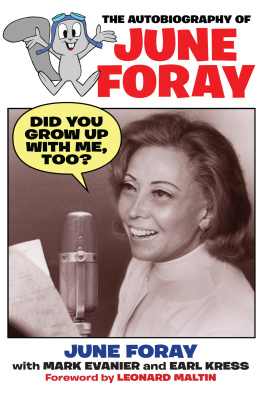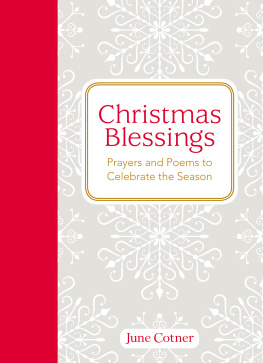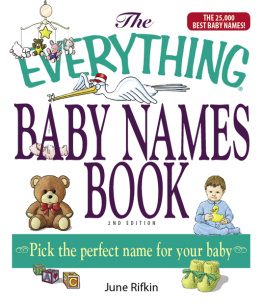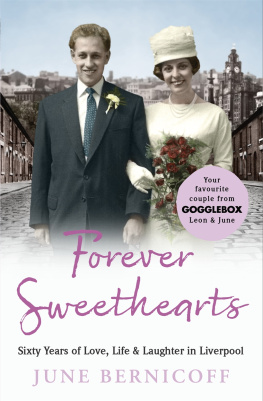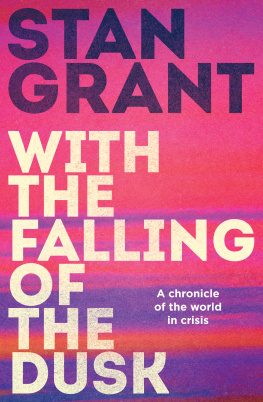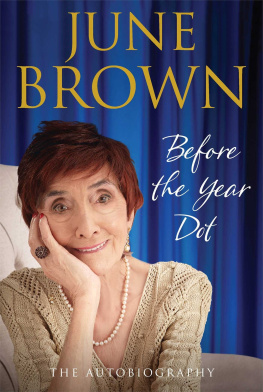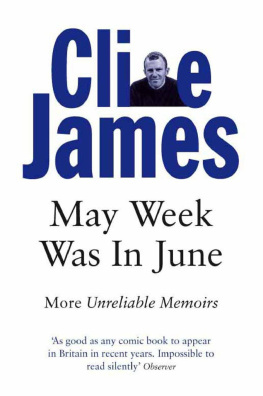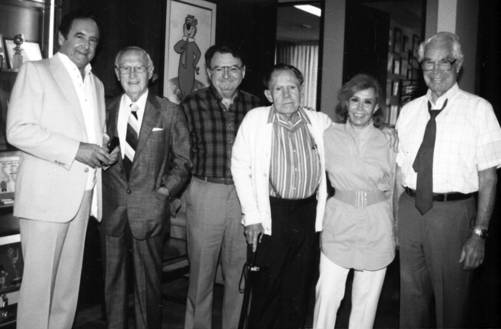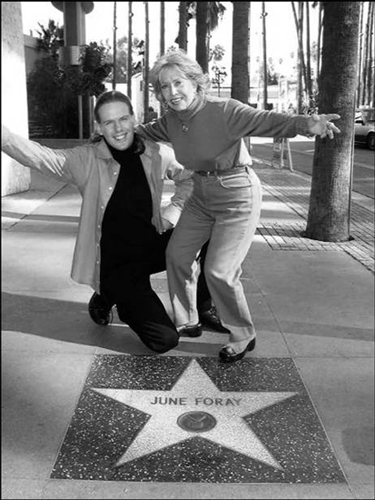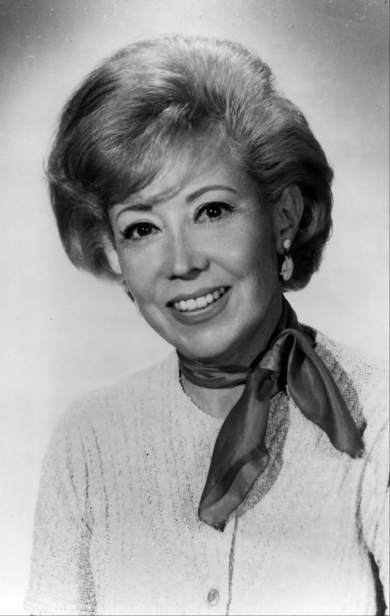Me in the early sixties.
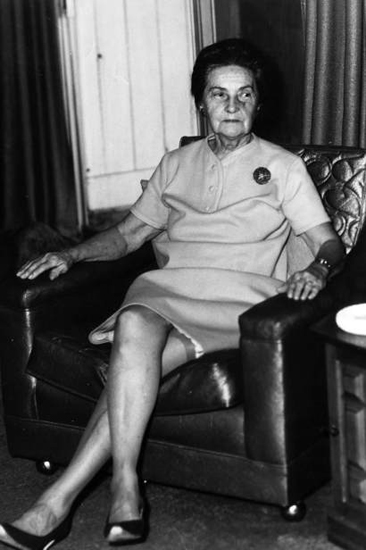
My mother. She was born Ida Robinson. Very supportive. Extremely intelligent. My great-great-grandmother was a Mohawk Indian in Quebec and she married into the Allard family.
Chapter Two
Learning to Talk
It finally penetrated. Perhaps it was just an attempt to save what was left of my beat-up little body, but at least this time it was what I wanted and so next it was off to elocution lessons.
Emulating the postmen who defy rain, sleet and dark of night, Geri, Bert and I trudged about three miles every week to the Forest Park library, checking out as many books as each was allowed, those exhilarating classics by Shakespeare, Hugo, Dickens and Chaucer.
They enhanced the myriad of books that Mom and Dad bought for us, especially at Christmas. I even recall getting Bomba, the Jungle Boy. My copy of The Complete Works of Edgar Allan Poe still remains on my shelf, as do those Elizabethan plays. Its a particularly terrifying thought that if television had been invented at that time, imagine how it would have detracted from those Halcyon literature-packed hours. We did, nevertheless, stop to listen to Amos and Andy. Some things are just essential.
As I memorized passages, I would acquire the personas of the book characters in my head. This lead to, I think, developing the vocal and perhaps the intellectual ability to represent them as a performer. I was Queen Guinevere or Lady Macbeth or Titania, Queen of the Faeries.
My first elocution teacher, Miss OLeary, introduced me to Little Orphan Annies come to our house to stay and rhymes contained in the book Heart Throbs, which included Joyce Kilmers Trees, and several by Edgar Guest. It was Dorothy Parker with her mordant wit who wrote: Id rather flunk a Wasserman test than read a poem by Eddie Guest.
Those were my feelings exactly, which weekly annoyed Miss OLeary when she discovered that I had memorized To Lucasta On Going To The Wars by Sir Richard Lovelace, instead of the detested Guest. I could not love Thee, dear, so much, loved I not honor more.
There was no doubt about it. We had to upgrade the teacher. The intensive search found Mrs. Elizabeth Larson, a classy, delicate-looking lady, who appeared on the stage with prominent actors like Warner Oland, who eventually migrated to Hollywood and the movies playing Charlie Chan. That was good enough for me and my parents. We had to hand it to Mrs. Larson, because it was she who tempered, honed and professionalized my inherent emerging talent, casting me in plays and ultimately on her radio show at the tender age of twelve. It was at this time when Mrs. Larson said:
June, I cant teach you anymore. Youre better than I am.
Her words, never to be forgotten, instilled enough hubris in me to apply for a professional job. Participating in high-school plays and being voted the best actress in the class didnt hurt, either.
The study of the French language fascinated me, having read Voltaire, Victor Hugo and especially Rostand, whose Cyrano devastated me. He was the ultimate sacrificial lamb! Miss McCarthy was the French teacher at Forest Park Junior High, and when I enrolled in her class, I anticipated an exciting adventure, which is exactly what it turned out to be. We translated Les Miserables from French into English, much easier than the other way around.
Of course, I identified with Collee. Ah, Miss McCarthy, how indebted I am to you, because my ability to speak French has rewarded me all over the world in my travels, even in Russia.
Mr. Rosenberg, who taught Latin, was my next mentor in a foreign language, albeit a dead one. He was a short, plump man, who incessantly caressed the wart on his nose, and I could never comprehend why he called me June when every other student was Miss or Mister. Maybe I was sexy at sweet sixteen.
I guess, in hindsight, I should have asked why I got preferential treatment. But still, Mr. Rosenberg enjoyed the same amount of gratitude I had for Miss McCarthy.
Our class translated Julius Caesar with the accounts of battle after bale, not my first antipathy to war, having experienced the feeling while memorizing poems. Even in my senior years, I can still conjugate Latin verbs and decline nouns. With the present world torn asunder, I wonder if all Gaul is still divided into three parts. Poor Hiies. Poor Huns. Poor Gaul. Poor World. Poor us.

